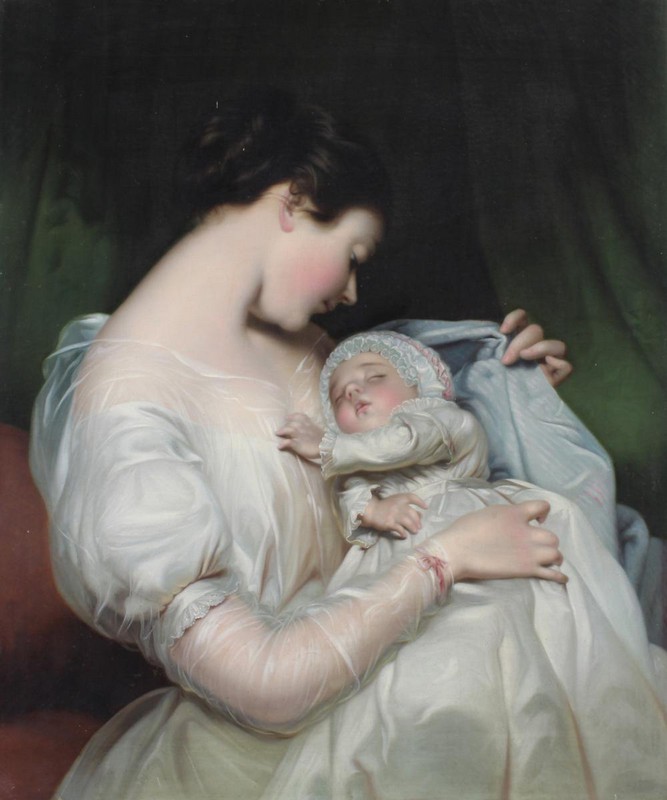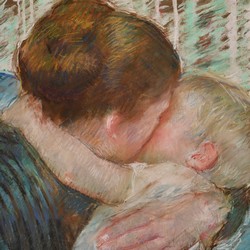
In April 1936, the 14th Festival of the International Society for Contemporary Music was held in Barcelona. It was one of the last expressions of a fertile time, in terms of cultural life, before a coup d'état destroyed everything (and everything is everything, not just culture, as you know). From a musical standpoint, the Festival is especially remembered for the absolute premiere of Alban Berg's Violin Concerto, “To the memory of an angel”; a posthumous premiere, as the composer had died a few months before. The rest of the works performed were also, for the most part, absolute premieres of works chosen by an international jury. One of the selected composers was Lennox Berkeley, then thirty-two, who presented his Overture for Chamber Orchestra.
Berkeley was born in 1902 in Oxford. His music, unlike that of his English contemporaries, was not linked to the new music promoted, for instance, by Vaughan Williams; that is, we don't appreciate in it the clear pastoral inspiration, rooted in the land. His origins and training brought him closer to French music, at least during his early time. Berkeley was from a noble family, and this implies, among other things, that he had a privileged formation and many contacts; one branch of the family was French, and so it must have been through a common acquaintance that the young man met Maurice Ravel just as he was finishing his studies of French philology at Oxford.
When he saw his compositions, Ravel recommended him to study with Nadia Boulanger, and this was how the young man moved to Paris. He became heavily involved in his studies, and his music was influenced by Gabriel Fauré, who had been the teacher of his teacher; Ravel, and Francis Poulenc, with whom he was also friends. After spending a few years in the French Riviera, and after those days in Barcelona, he returned to England. After being declared unfit to fight, he spent the war working for the BBC, and from 1946 until his retirement, he held the position of Professor of Composition at the Royal Academy of Music in London.
Berkeley was a highly respected composer with an extensive repertoire that included symphonic works, chamber music, sacred music, and opera. And, of course, also songs. This week, we are focusing on a cycle that Peter Pears commissioned to be premiered at the Aldeburgh Festival in 1964. It is not clear to me whether the accompaniment was a proposal from Pears or an idea of the composer; the thing is that the Songs of the Half-Light, Op. 65 are written for voice and guitar, and were premiered by the tenor and Julian Bream.
The five songs are based on poems by Walter de la Mare, a writer with a gift to turn everyday things into mysterious or exciting (in this sense, he was a writer with a purely romantic spirit, although he was born in 1873), often adopting the innocent and curious look of the children. This look can also be found in this cycle, from which we will hear the second song, Full Moon. The poem describes the light of the moon that illuminates Dick's room, and this moment becomes a magical encounter between the child and the moon; both gaze at each other thoroughly, before the moon continues its path.
The song is as charming as the poem, and although it is not exactly a lullaby song, its serene rhythm makes it seem that way. The lovely interpretation by Robin Tritschler and Sean Shibe could be calming to the newborn Marina, who was born on Christmas Eve. Welcome, little darling!
Into his drowsy eyes
A great still light began to creep
From out the silent skies.
It was the lovely moon's, for when
He raised his dreamy head,
Her surge of silver filled the pane
And streamed across his bed.
So, for a while, each gazed at each —
Dick and the solemn moon —
Till, climbing slowly on her way,
She vanished, and was gone.
















